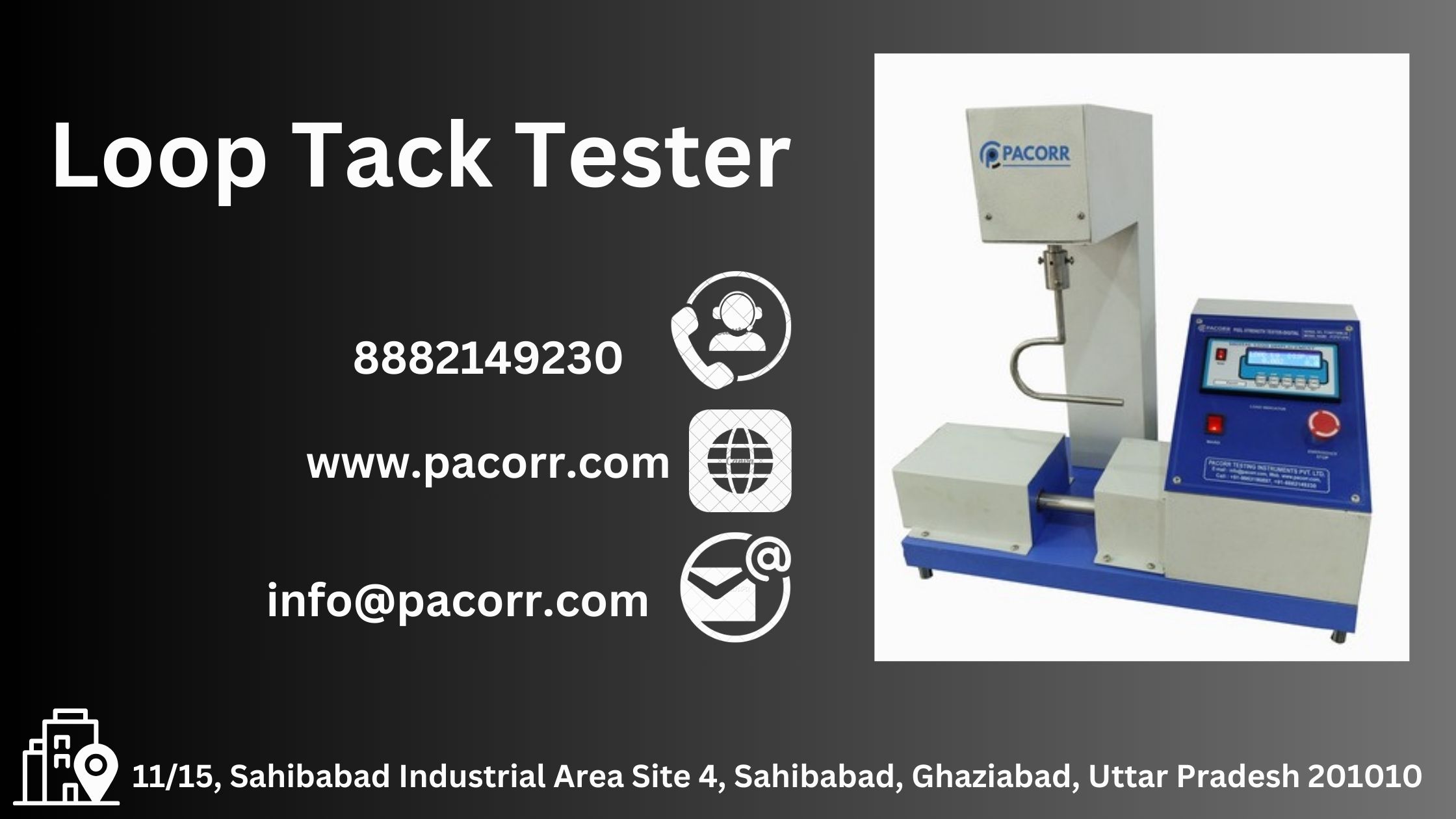Online learning has transformed education by making it accessible, flexible, and often more affordable. Whether you’re a student looking to expand your knowledge or a professional seeking new skills, choosing the best online learning platform is crucial to achieving your goals. With so many options available, it can be challenging to find the one that suits your specific needs.
In this article, we’ll guide you through the key factors to consider when choosing the best online learning platform and how to ensure it aligns with your personal or professional goals.
Why Choosing the Right Online Learning Platform Matters
Selecting the right online learning platform isn’t just about convenience; it’s about ensuring you get the best learning experience possible. Different platforms cater to different learning styles, course structures, and educational goals. Choosing the wrong one could lead to frustration, wasted time, and missed opportunities.
Online learning platforms vary in content, delivery methods, accessibility, and pricing. Some are tailored for beginners, while others offer advanced courses for professionals. It’s essential to assess your learning style, objectives, and available time before committing to a platform.
Factors to Consider When Choosing an Online Learning Platform
1. Assess Your Learning Goals
Before diving into platform features, it’s important to be clear about what you want to achieve. Are you looking to acquire a specific skill, earn a professional certification, or simply expand your knowledge in a particular area?
- Career Growth: If your goal is to advance in your career, look for platforms offering industry-recognized certifications or courses from accredited institutions.
- Personal Development: If you’re learning for personal interest, you may prioritize platforms that offer a wide variety of courses in diverse subjects.
- Skill Specialization: Some platforms focus on specific skill sets, such as coding, graphic design, or business management. Choose a platform that specializes in the skills you’re aiming to master.
2. Course Variety and Depth
The range and depth of courses available on a platform are crucial. A good online learning platform should offer a broad selection of courses across various subjects and skill levels, ensuring that learners can progress from beginner to advanced stages.
- Beginner-Friendly Options: If you’re a novice in a particular field, look for platforms with introductory courses that explain basic concepts clearly.
- Advanced Courses: For more experienced learners, choose platforms offering in-depth, specialized courses in your field of interest.
- Ongoing Learning Paths: Some platforms offer comprehensive learning paths that allow you to build upon your skills gradually, moving from foundational knowledge to more complex topics.
3. Instructor Expertise and Quality
The quality of the instructors can make or break an online learning experience. When researching online learning platforms, consider:
- Instructor Credentials: Look for platforms that feature courses taught by qualified instructors with real-world experience in the subject matter. Many platforms offer bios or credentials for their instructors, which can help you assess their expertise.
- Peer Reviews and Ratings: Most platforms allow users to leave reviews and rate the courses they have taken. Reading reviews can give you an idea of the quality of the instructor and the overall course experience.
4. Learning Style and Delivery Methods
Everyone has a unique learning style, so it’s important to choose a platform that aligns with how you learn best. Some people are visual learners, while others prefer hands-on activities or interactive quizzes.
- Video Tutorials vs. Text-Based Lessons: Some platforms prioritize video content, while others offer written guides or downloadable resources. Choose a format that works best for your learning style.
- Interactive Features: Many learners thrive with interactive quizzes, assignments, or projects that test their understanding of the material.
- Self-Paced vs. Scheduled Classes: Some platforms offer self-paced learning, which allows you to study at your own speed, while others have scheduled courses with fixed deadlines. If you’re a quick learner or prefer flexibility, self-paced platforms may be the better option for you.
5. Platform Accessibility and User Experience
The user interface (UI) and overall experience of an online learning platform can greatly affect your learning journey. A complicated or poorly designed platform may slow down your progress or make it difficult to find the resources you need.
- Mobile Access: In today’s fast-paced world, many learners prefer to study on the go. Choose platforms with mobile apps or responsive web design that allows for easy access on smartphones or tablets.
- Ease of Navigation: A well-organized platform with clear categories and easy-to-navigate menus will enhance your overall experience.
- Offline Learning: Some platforms allow you to download course materials for offline access. This feature can be particularly helpful if you have limited internet connectivity or want to study during commutes.
6. Certification and Accreditation
For many learners, earning a certification upon course completion is a key motivator. Certifications can boost your resume, demonstrate proficiency to employers, and sometimes fulfill educational or professional requirements.
- Recognized Certifications: If you’re pursuing a career in a particular field, ensure that the platform offers certifications that are recognized by employers or professional bodies.
- Accredited Institutions: Some online platforms partner with universities or accredited institutions to offer official certifications or even degrees. These can carry more weight in the job market than certificates from lesser-known platforms.
7. Cost and Subscription Models
Online learning platforms have varying cost structures. Some offer free courses with paid premium content, while others operate on a subscription model.
- Free vs. Paid Content: Many platforms offer free courses that provide a basic introduction to a topic, with more advanced courses requiring payment. Determine if the free offerings meet your needs or if it’s worth investing in paid courses for more comprehensive learning.
- One-Time Payment vs. Subscription: Some platforms charge a one-time fee for lifetime access to a course, while others offer monthly or annual subscriptions. Choose the model that best fits your budget and learning timeline.
- Financial Aid: Many premium platforms offer financial aid or discounts for students, professionals, or learners from low-income backgrounds. If affordability is a concern, explore options for financial assistance.
Top Online Learning Platforms to Consider
While your choice will depend on your specific goals and preferences, here are some top online learning platforms to consider:
1. Coursera
Coursera offers courses from top universities and organizations around the world. It’s a great choice for learners seeking accredited certificates, professional certifications, or even degrees.
2. Udemy
Udemy has one of the largest libraries of courses available, covering a wide range of topics. It offers both free and paid courses and is ideal for those looking to learn specific skills quickly.
3. edX
edX is similar to Coursera, providing university-level courses from prestigious institutions. It’s known for its rigorous academic content and offers certifications, diplomas, and degrees.
4. Skillshare
Skillshare focuses on creative and practical skills, making it a top choice for aspiring designers, writers, and entrepreneurs. It offers a subscription-based model with access to thousands of courses.
5. LinkedIn Learning
LinkedIn Learning is perfect for professionals looking to expand their skill set in business, technology, and creative fields. It integrates with your LinkedIn profile, making it easy to showcase completed certifications.
Conclusion
Choosing the best online learning platform depends on your personal goals, learning style, budget, and the type of content you’re looking for. From career advancement to personal growth, finding a platform that aligns with your objectives is key to success. Be sure to assess factors such as course variety, instructor quality, delivery methods, and pricing before making a decision. With the right platform, becoming an easy learner can lead to greater opportunities, more fulfilling career paths, and a lifelong love of learning.
By carefully considering these factors, you’ll be well on your way to selecting the ideal online learning platform to help you achieve your educational and professional goals.



